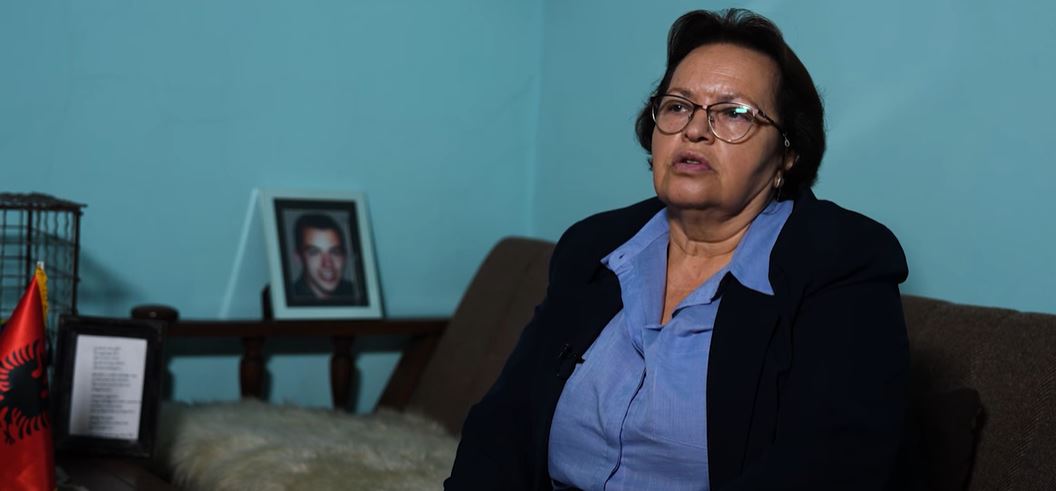Families of missing persons from the 1998-99 Kosovo war have been left without institutional support and often fall prey to fraudsters promising to find and return their loved ones.
On May 10, 1999, Luljeta Sharani’s husband and two sons were murdered by Serbian forces in Gjakova. Their bodies have not been found to this day.
Sharani has spent decades in search of her family members, even falling prey to fraudsters who exploit the grief of families who lost loved ones during the 1998-99 Kosovo war.
“He [the fraudster] told me: ‘Don’t worry, they’re alive. All three of them. A million percent,’” Sharani told Prishtina Insight.
“And I believed him,” she said in despair.
Sharani’s case is not an isolated incident. Over the years, fraudsters have promised many families they would find and return their loved ones—the Kosovo wartime missing—alive, often with claims they were being held in Serbia.
Bekim Blakaj, director of the Humanitarian Law Centre Kosovo, HLCK, a Prishtina based NGO focusing on transitional justice, told Prishtina Insight that, “one elderly man even sold his land in Gjakova to pay fraudsters claiming they could return his son.”
“The fraudsters kept showing the old man a location in Montenegro, claiming his son was buried there. However, years later, his son’s remains were found in a mass grave in Batajnica, Serbia,” Blakaj explained.
The Humanitarian Law Centre in Serbia filed a criminal complaint and a lawsuit in Montenegro, which led to some of the stolen money being returned, but most was lost.
These scams, which contribute to the spread of disinformation about the fate of missing persons, add to the trauma and financial losses of the families.
Lack of state support for families of wartime missing

Luljeta Sharani. Photo: BIRN
In the post-war period, families of people who went missing have received little to no support from Kosovo authorities to help them overcome the psychological scars of the war.
Psychiatrist Sami Rexhepi, who has treated patients with missing family members from the war, told Prishtina Insight that institutional mental health support “is essential.”
“It should have been developed institutionally, not left to a few NGOs to handle,” he added.
Over a decade ago, in 2010, Pieter Feith, then head of the International Civilian Office in Kosovo—a mission tasked with supervising Kosovo in its first three years after it declared its independence from Serbia in 2008—called on parliament to pass a law on missing persons and to provide support for their families. However, that request was never fulfilled.
Sharani from Gjakova said that she never received psychological treatment for the trauma caused by the disappearance and murder of her loved ones, nor for the retraumatization she experienced because of the fraud.
“For us, and especially for the children, it was absolutely necessary to work with psychologists. Someone should have come to check on us, or at least a centre should have been established where we could go for help.”
This article was prepared in English by Ardita Zeqiri.





